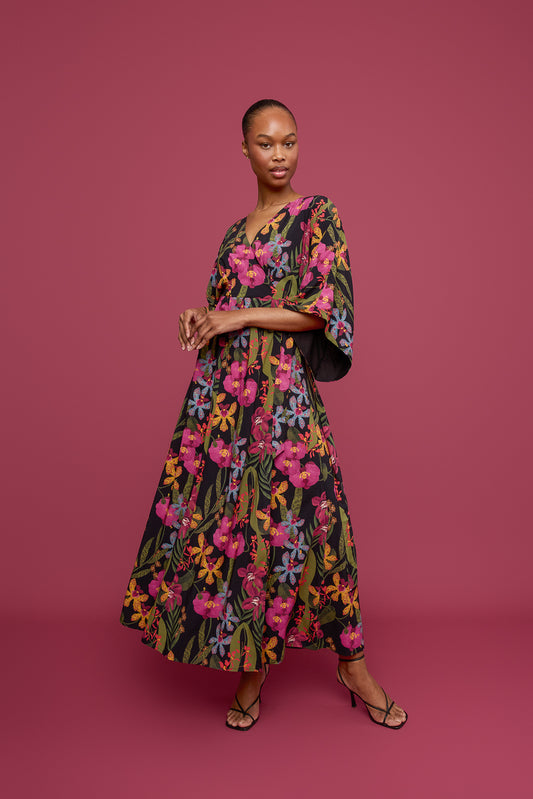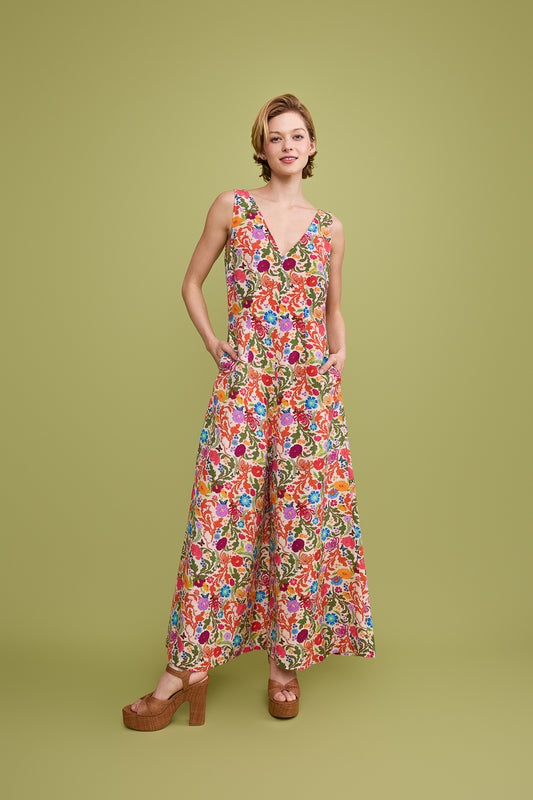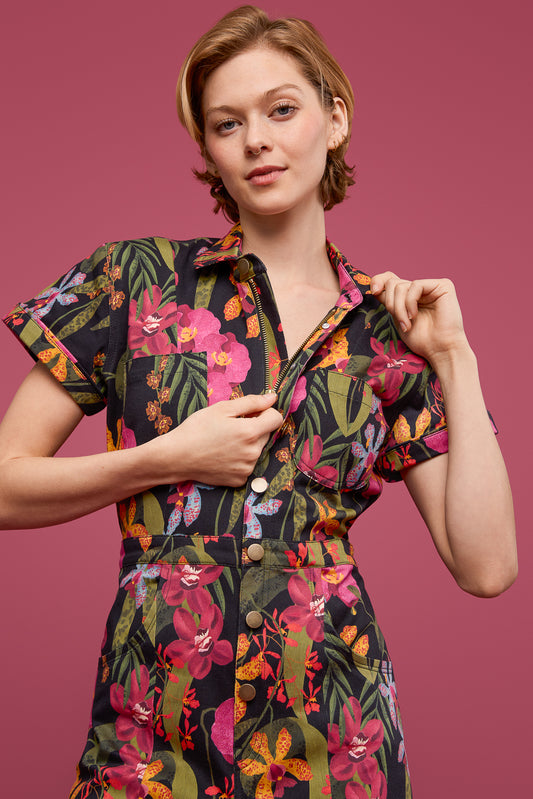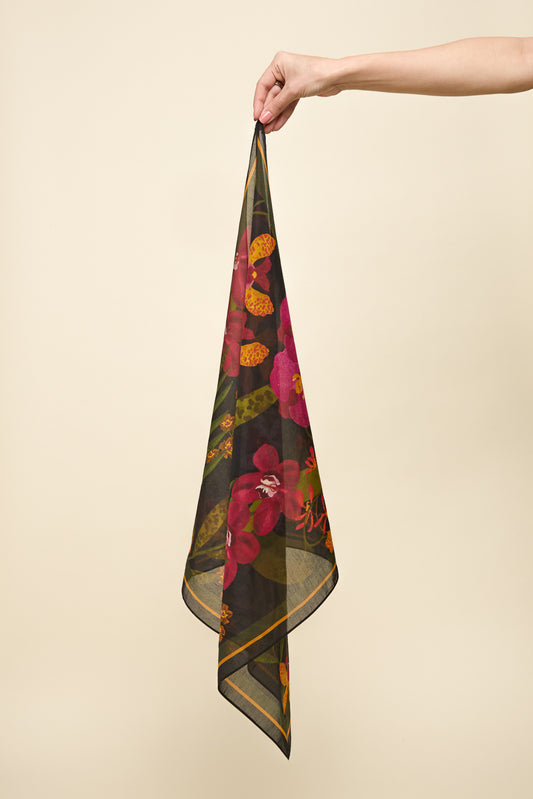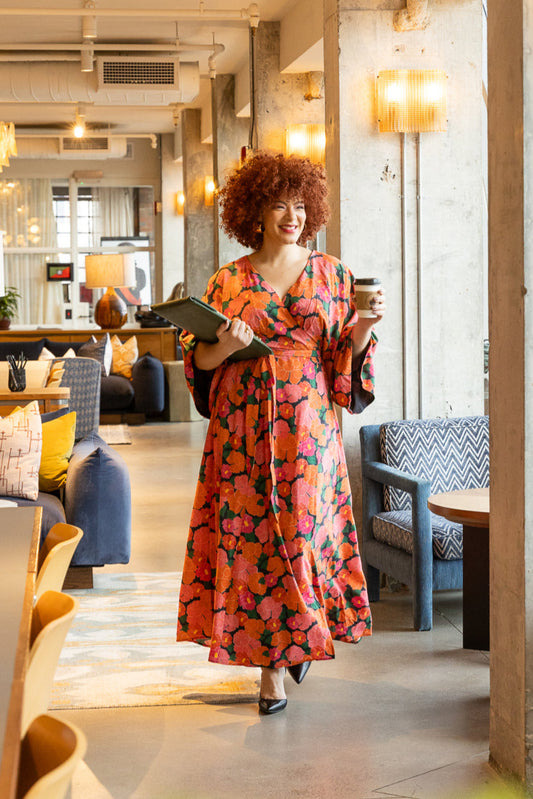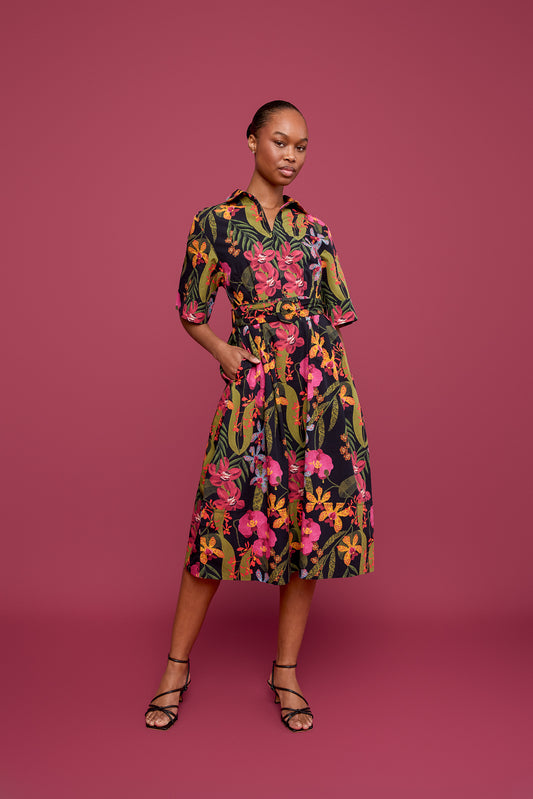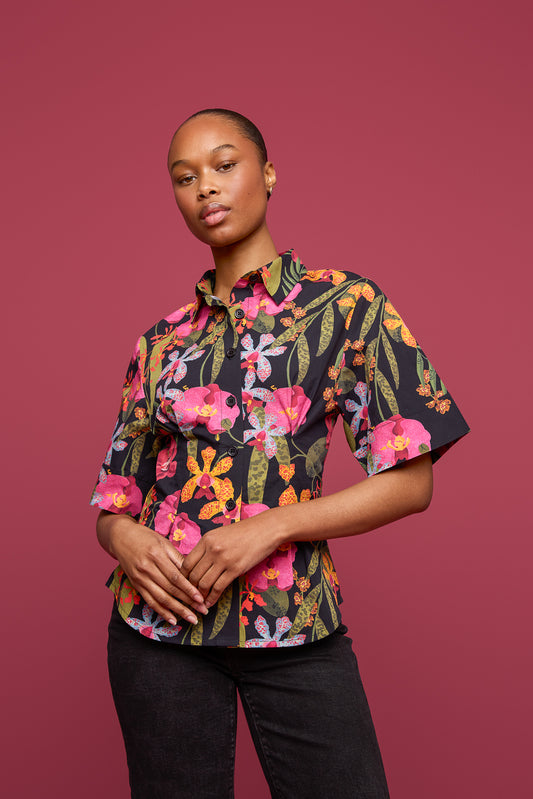We had the unique pleasure of catching up with Council Member Shahana Hanif, the first Bangladeshi and Muslim woman elected to the New York City Council and the first woman to represent the 39th District. Elected in 2021, Council Member Hanif represents parts of Kensington, Borough Park, Windsor Terrace, Park Slope, Gowanus, Carroll Gardens, Cobble Hill, Boerum Hill, and the Columbia Waterfront. She talked to us about her day to day, breaking barriers and one standout moment that affirmed her career in public service.
-

What’s a day in the life like for a NY council member? Did you always imagine yourself pursuing a career in public service?
A typical day for me is usually 10-12 hours long, and no two days are the same. On a particularly eventful day recently, I started the work day at City Hall with a rally advocating for fully funding our public schools, then attended a hearing on the city’s education budget proposal for the year. Afterward, I prepped with my team for an interview with the Wall Street Journal about NYC’s role in protecting abortion providers, then took the interview on Zoom from my Legislative Office by City Hall.
Afterwards, I commuted by subway to Kensington in my district for a press conference where I encouraged Uber and Lyft drivers to file claims for stolen wages. I usually get a half-hour lunch break to myself—on this day I grabbed a smoothie and then headed to my district office in Gowanus. There, I checked in with my team, then called through a list of colleagues, asking them to support my bill strengthening our sanctuary city protections.
In the afternoon, I attended a community meeting at PS 133, where I provided updates on a housing development in my district and heard from city agencies. Afterward, I took the F train home and hopped on a Zoom call for a youth-run climate justice organization’s candidate screening. After that, I checked through my inboxes to respond to high-priority messages.
Dinner is usually a simple sandwich, nothing fancy. Since I had a few speaking engagements the next day, I reviewed my talking points or read articles relevant to the topics. Finally, I typically wind down by watching The Wire with my husband before heading to bed. -

As the first Muslim woman elected to NYC Council, you’ve broken barriers. What advice do you have for young women who want to step into leadership roles?
My advice is to challenge yourself and stay committed. I’ve been living with lupus, an autoimmune disease, for nearly 17 years. Throughout this journey, I’ve faced significant health challenges, including three hip replacements and long periods of illness. At times, the disease made me question my ability to pursue a career that required commuting to an office or navigating daily responsibilities. There weren’t many role models for people with disabilities, especially in leadership positions, which made me doubt my potential. But I refused to accept the idea that I couldn’t achieve my goals. Despite the obstacles and time off from school, I graduated from Brooklyn College.
In 2018, I declared my candidacy for City Council. I entered the political arena without seeing many elected officials with disabilities, and without seeing many elected officials who looked like me. I wondered how much I would have to advocate for myself while also being an effective representative. But I didn’t let those uncertainties hold me back. In 2021, I won the election.
Since then, I’ve fought for transformative policies, such as the creation of Home+—a program that supports domestic violence survivors by providing free lock changes, window repairs, safety alarms, and connections to crucial wraparound services, allowing survivors to stay in their homes and find stability. -

What’s one moment in your career that affirmed why you do this work?
Before running for office, I was a tenants' rights organizer, advocating against displacement and unjust evictions. Ensuring housing security has always been my north star.
One moment that truly affirmed why I do this work was when we passed the FARE Act, a bill I sponsored and prioritized as the co-chair of the Progressive Caucus. The FARE Act will ban forced broker fees for tenants in New York. This is a huge step forward in making housing more accessible and equitable, and will substantively change the lives of so many constituents in my district and New Yorkers across the city.
Another key moment came at the end of a long, 18-month negotiation over a housing proposal in the Windsor Terrace neighborhood of my district. The original proposal for this development included 250 units, with just a small portion being affordable. After negotiating, I secured 250 units with a much larger portion designated as affordable, with 100 of those units specifically aimed at working-class families—those making lower incomes, like teachers, healthcare workers, and service employees.
This new development will allow many families who otherwise couldn’t afford to live in the area to move into a neighborhood that’s close to Prospect Park, the subway, and thriving local businesses. In a time when affordable housing is scarce, being able to deliver on this is something I’m incredibly proud of. I’m using every tool at my disposal to make sure working families don’t have to choose between paying for housing or childcare—or ultimately, leaving the community they love. Moments like this remind me why I fight for change.










